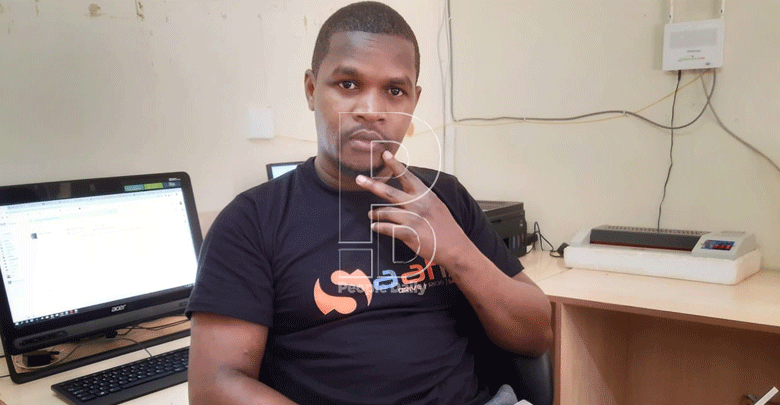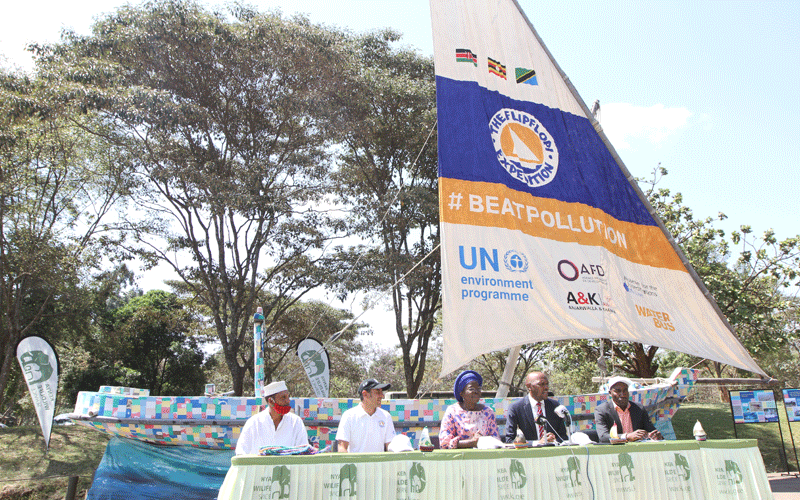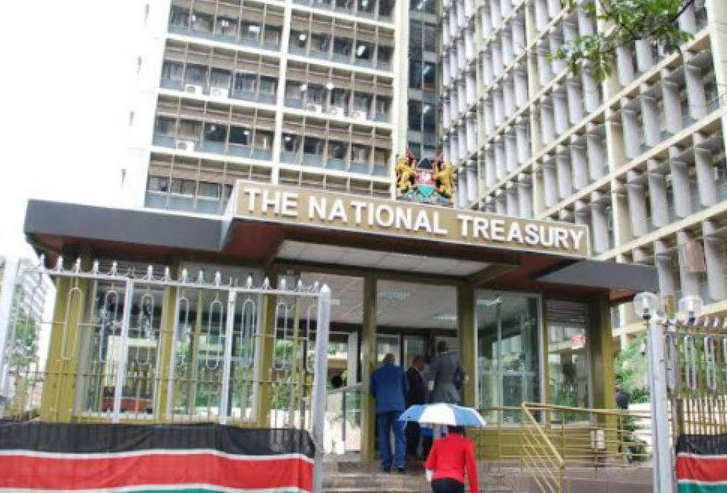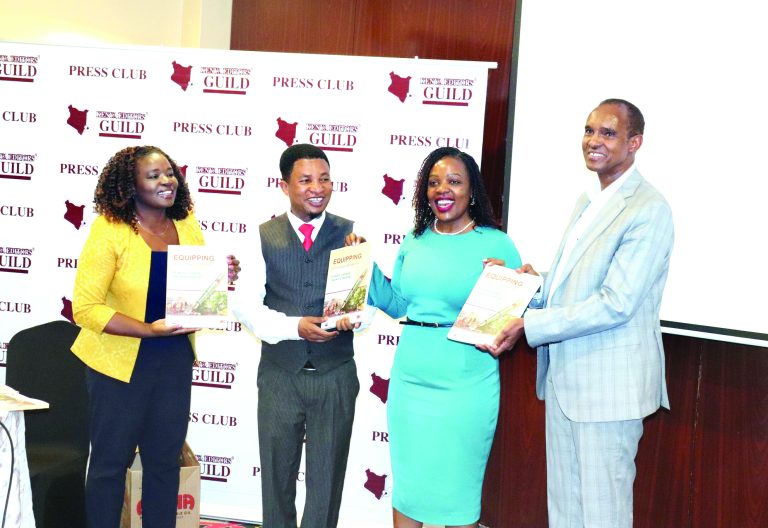Ride-sharing app seeks to promote carpooling

Harriet James @harriet86jim
In 2019, the total greenhouse gas emissions—including land use change—reached a new high of 59.1 gigatonnes of carbon, according to the United Nations Environment Programme (Unep) Emission gap report.
Much of it has come from the road transport sector, which was responsible for 12 per cent of the emissions.
With these statistics, many governments and organisations that are green-conscious are looking at carpooling as one of the solutions to reduce the emissions.
They say carpooling not only eases traffic congestion, but also reduces greenhouse emissions by 3.72kg.
In regions such as the US, carpooling represents 43.5 per cent of all commuter trips.
Other metropolitan cities including Shanghai (China) and Seoul (South Korea) are also encouraging carpooling for city commuters.
Though in Kenya carpooling is a relatively new concept, it is slowly gaining popularity due to the increase in number of liberal youths.
Available data on road transport indicates the number of registered motor vehicles in the country rose to 3,280,934 units in 2018 from 2,989,788 units the previous year.
The statistics inspired Michael Muriuki to create an app dubbed Saafiri in 2018.
It connects car owners with passengers travelling towards the same direction, so that they can share travel costs.
“My travel pattern changed when I lost my car to auctioneers, and so I had to adjust to using matatu and taxis.
I would see a lot of people stranded waiting for the public service vehicles to take them to their destinations.
Other private car owners zoomed past them with empty seats in their cars. So, I was inspired to connect passengers with car owners with empty seats,” narrates Michael.
Saafiri is loosely derived from Kiswahili word saa meaning time and safari (travel); an idea of saving time on travel.
With a background in business management, Michael didn’t have a background in Information Technology, but taught himself on technology and also enrolled for an online app development course to understand the world of technology.
Peter Muchina joined him later as a co-founder.
After a bit of market research, talking to private car owners and people without cars on whether they can use the app or not, Michael received a lot of positive feedback on adoption and that’s how he built Saafiri to disrupt the transport industry and provide users with cheap convenient and comfortable rides.
“The carpooling app uses a cost sharing model where drivers post where they are going, at what time and day and sets a price per seat per kilometre.
The driver does not make a profit since the set amount is to reimburse his fuel costs and tear and wear,” explains Michael.
Affordable convenience
The app is currently on Google PlayStore and has the driver and the passenger option. One can download either or both.
The driver and passengers all share journey costs, which works out cheaper for everyone.
Prices are fixed based on distance and one always knows how much to pay or get reimbursed before booking a ride. There’s no negotiating required.
When it comes to safety, the app’s two-way rating system enables riders and drivers to give feedback after each ride, helping to build a stronger community.
They are also vetted to ensure they are legal and have no criminal record.
Also, Saafiri has a technology that assists in keeping the users’ phone number, so neither drivers nor riders will see each other’s numbers when communicating through it.
Once a trip is completed, the app also protects rider information by concealing specific pick-up and drop-off addresses in a driver’s trip history.
“The users create profiles complete with pictures, identification card numbers, car number plates, colour, licence and insurance details, which are all verified.
We also have live tracking where users can share locations with contacts they have chosen and we are working on an SOS feature that will help users notify the police and partner security firms in case of an incident,” he explains.
The SOS feature, he says, will ensure security firms get the distress call and will have the location of the users’ car details and live location.
They are also working on a feature called ‘pinky’, where women only can share rides with fellow women.
The feature also seeks at raising awareness on breast cancer and other issues that affect women.
Covid challenge
However, all this was going well until Covid struck, as everyone became health conscious and not comfortable to share personal cars.
“We had to fall back on everything for more than a year, but we are back and working on the app to improve efficiency and add more features.
So far, we have more than 1,000 users and 3,000 more are going through vetting,” says Michael.
Although they have managed to raise Sh12 million for the project, they are still looking for more investors to help build the carpooling community globally.
“From my experience, start-ups should first concentrate on the Minimal Viable Product (MVP) of their project.
Financing is tricky, but one can start raising funds from family and friends to kick off the project and get to the MVP then start pitching to investors,” he says, adding that he feels happy when investors show interest in the app as that means they believe in its power to add value in the society.
This, he says in conclusion, will assist them create a more secure app with features that would assist people move around with ease.











